Tips to Help You Manage Your Vision Disorder
When it comes to vision disorders, it is important to understand that it is becoming more common. Many adults are realizing that the symptoms they had when they were younger have carried into their adulthood and have even potentially worsened. When it comes to disabilities it is important to get a handle on them from a young age. For example, when it comes to vision disability, it is one of the top 10 disabilities that are among adults who are 18 years old, and among children, is one of the more prevalent disabling conditions, according to the Center for Disease Control and Prevention. Besides going to vision therapy, here are some things you can do to manage your vision disorder:
Understand that Your Eyes Are Important to Your Health
Your eyes are such an important part of your health. You use them almost every day to see, understand the world around you, and add visual aspects to your memory. In order to keep your eyes in good shape, you want to get them checked out frequently by going to the optometrist.
Keep Track of Your Family's Health History
Some people do not know exactly how important it is to know the health of your family. If diabetes runs in your family, that is potentially something that can be passed on to you and may develop as you get older. The same thing goes with vision disorders. If there is a history of glaucoma, double vision, or even convergence insufficiency, that is something that can be passed along to you as well.
Live a Healthy Lifestyle
Living a healthy lifestyle is one of the most important things you can do. It is good for your overall health and impacts even the smallest parts of your body. This is true even for your vision. By eating a diet that is full of fruits and vegetables, you are providing your body with a rich diet of nutrients. Things like spinach, kale, and collard greens are known to keep your eyes healthy. Also, things that are rich in omega-3 fatty acids are great for eye health as well. If you are not able to incorporate these into your diet, talk to your doctor about taking vitamins to help.
Keeping a healthy weight is also a great way to live a healthier lifestyle. When you are overweight or obese, it increases your risk of developing diabetes and other conditions which lead to overall vision loss. Talking to your doctor will be the best way to weigh out your options.
Protect Your Eyes
We never really know how much strain we are putting on our eyes on a daily basis. Whether it is from the sun or even our tech screens, we always need to be protecting our eyes. When protecting your eyes outside you can wear sunglasses or even a hat with proper face protection to block your eyes from the UV rays of the sun. Since the use of technology has increased over the years, we are spending more time in front of our phones and even our computers if we work from home. It is important to block your eyes from the blue lights in these screens by looking into night light options for your tech or even blue light blocking glasses to wear. This will ease the stress put onto your eyes over time and help you manage a vision disorder.
Do Not Smoke
Smoking can be really harmful to your body and overall physical health. It is bad for your eyes because it increases your risk of developing cataracts and optic nerve damage, which can eventually lead to blindness. There are a plethora of reasons not to smoke but it can be easy to start, so think about talking to a mental health expert and medical expert beforehand.
Rest Your Eyes
As mentioned above, if you are spending a lot of time in front of a screen, you might want to give your eyes a proper break. Your eyes can get easily fatigued if you forget to blink because you are focused. There is a 20-20-20 rule you can try: every 20 minutes you can look away 20 feet in front of you for 20 seconds. This can help reduce eyestrain.
There are many vision disorders that can eventually lead to you needing vision therapy. It is best to tackle these issues as best as you can by changing things in your daily life to better manage your eye health. With guidance from experts, think about vision therapy services. To learn more about our treatments and specializations, give us a call today!

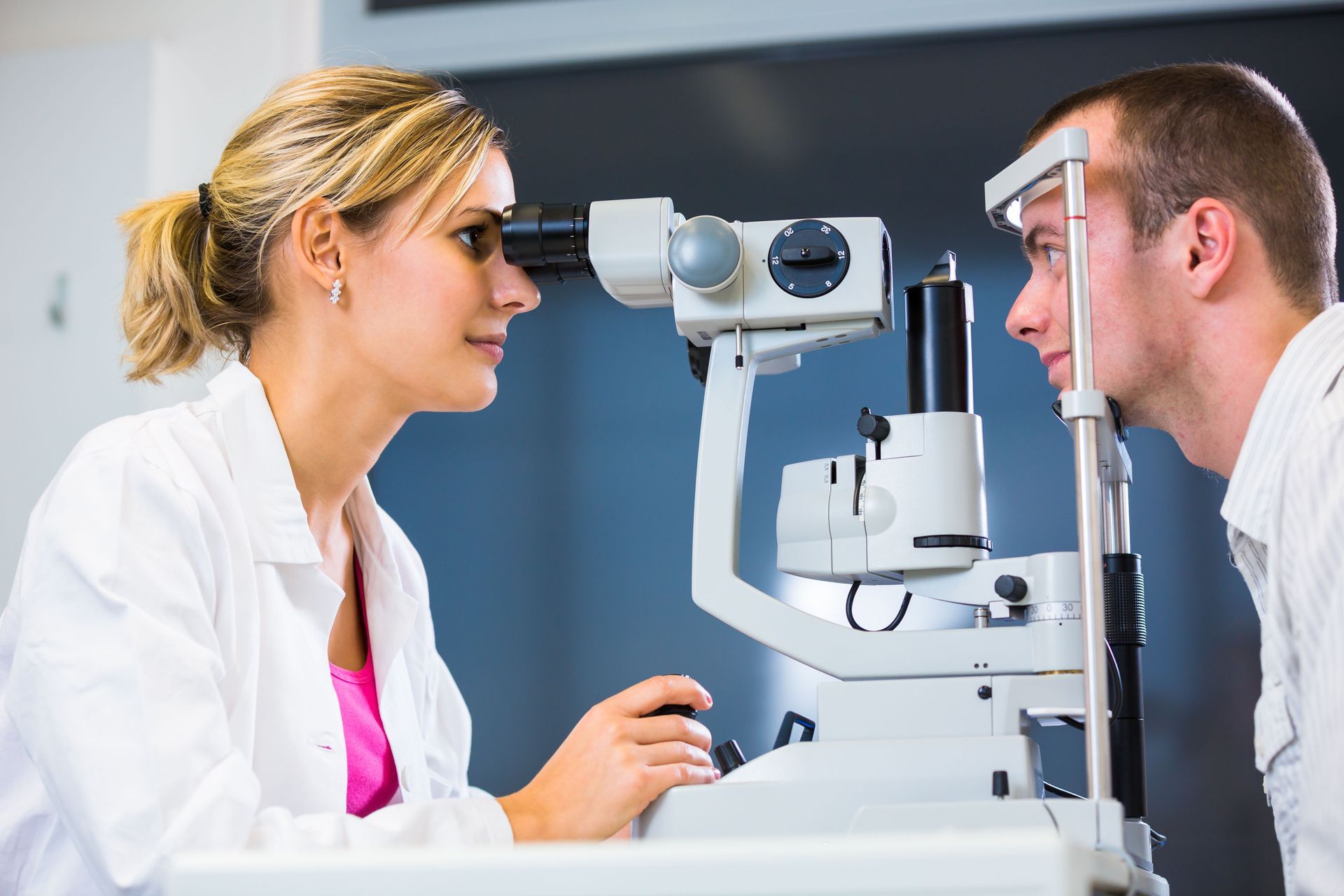
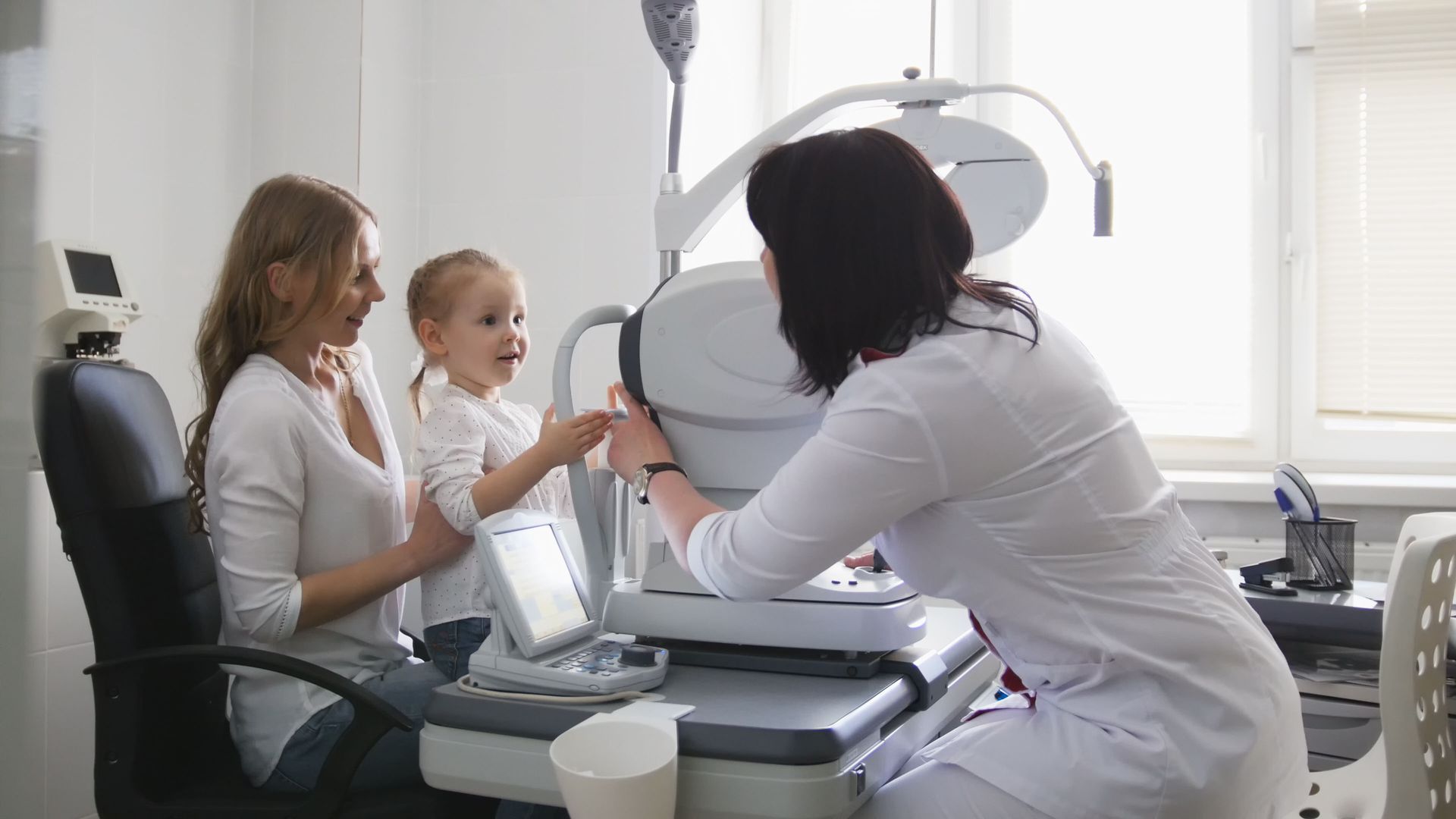
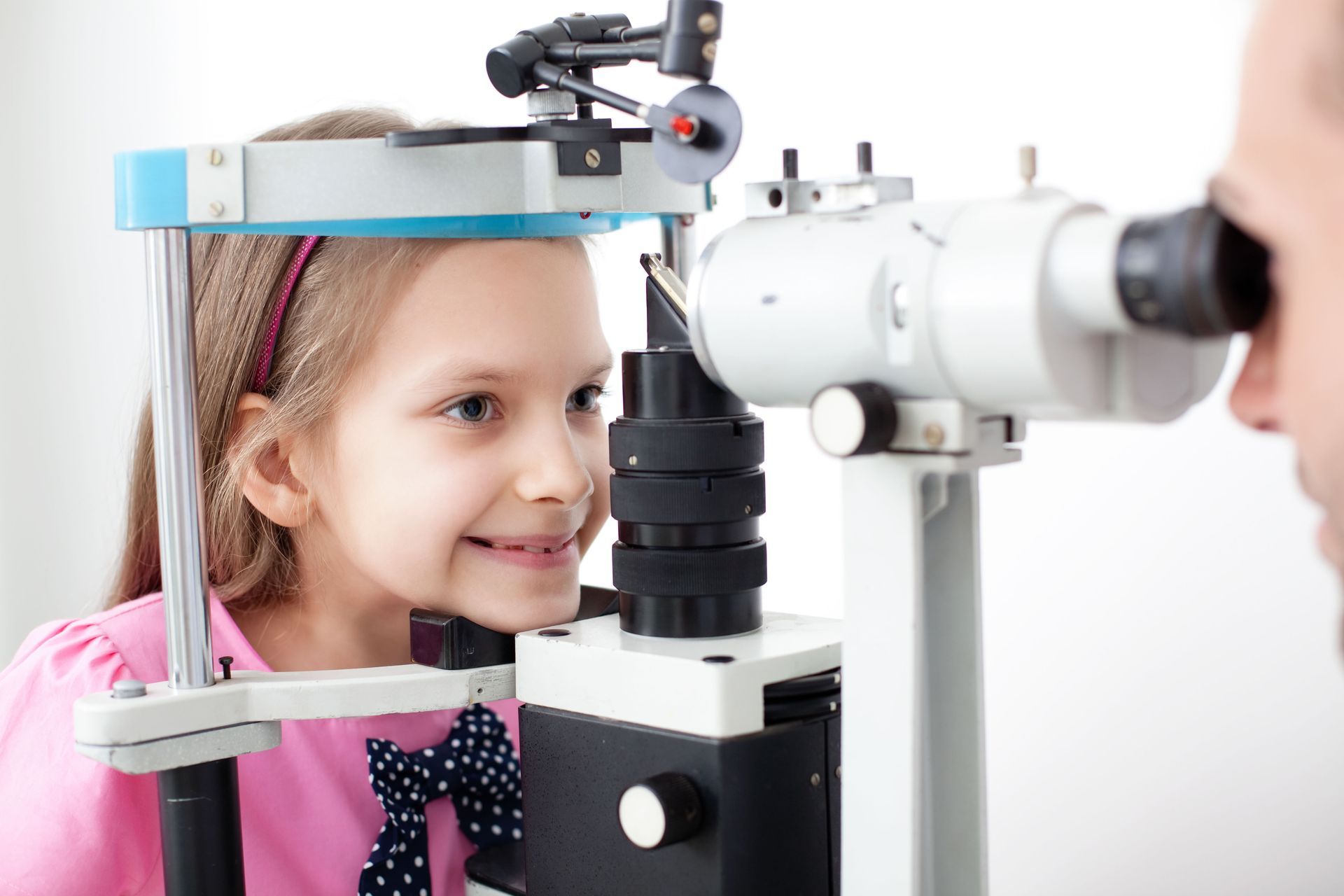
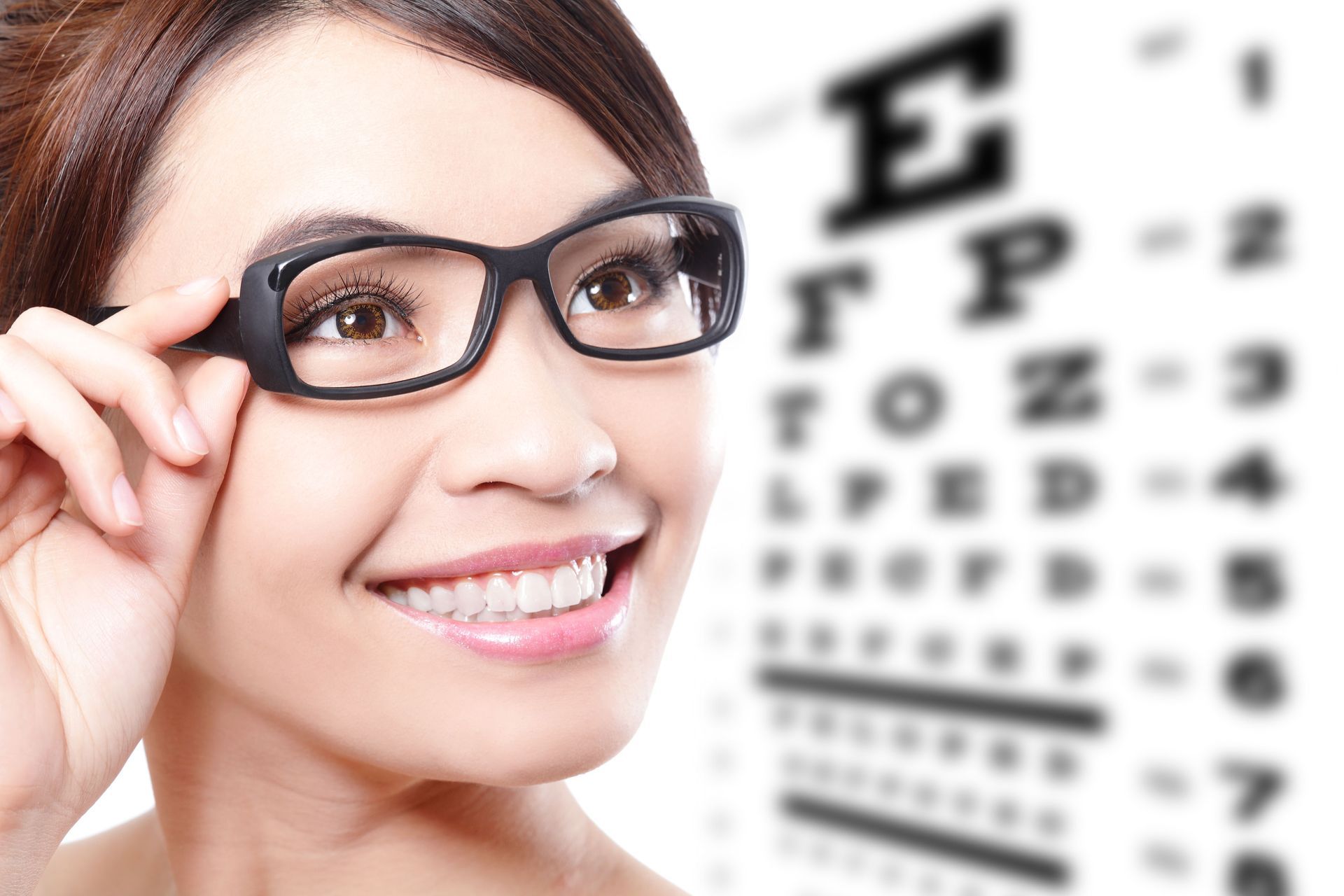
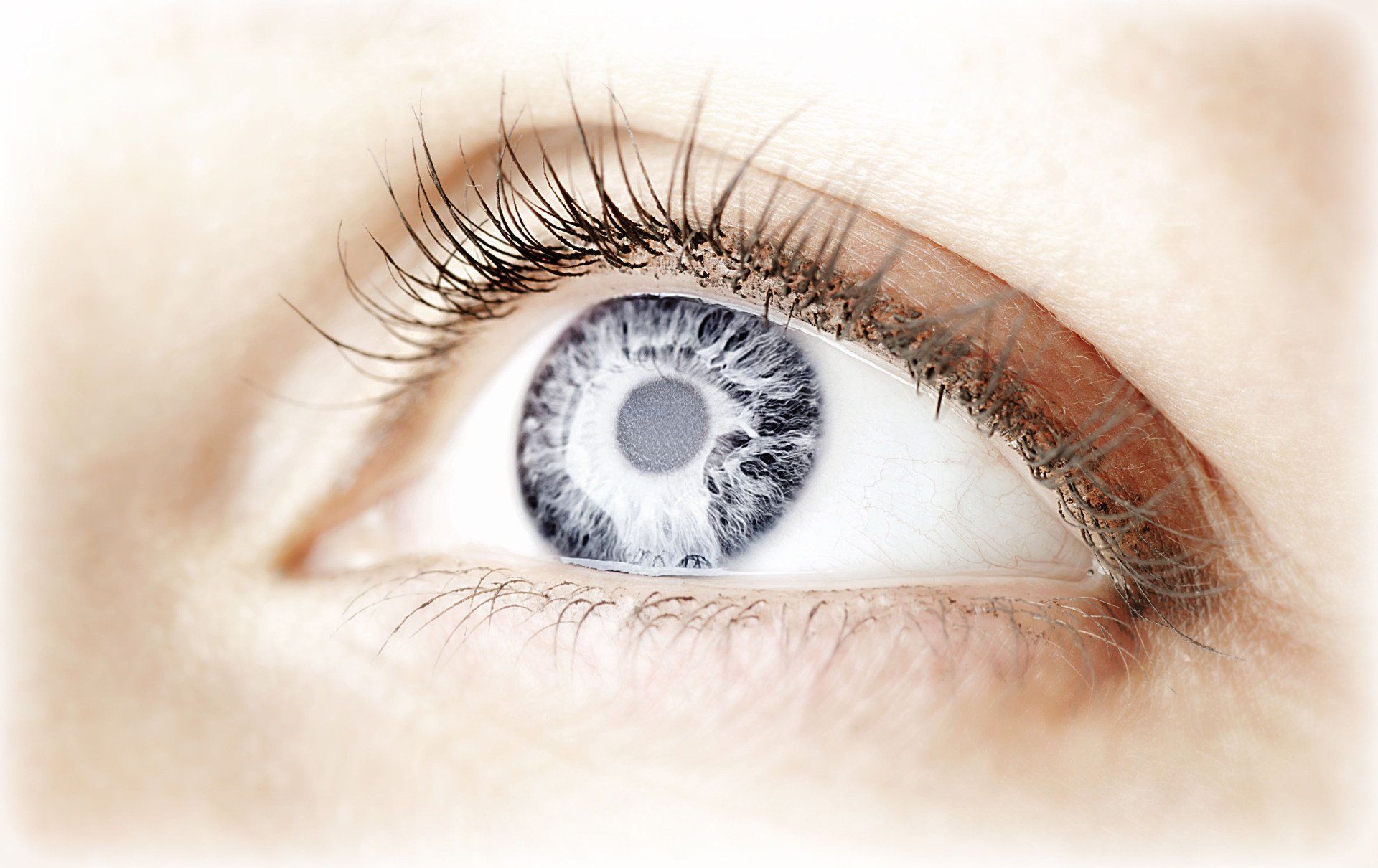
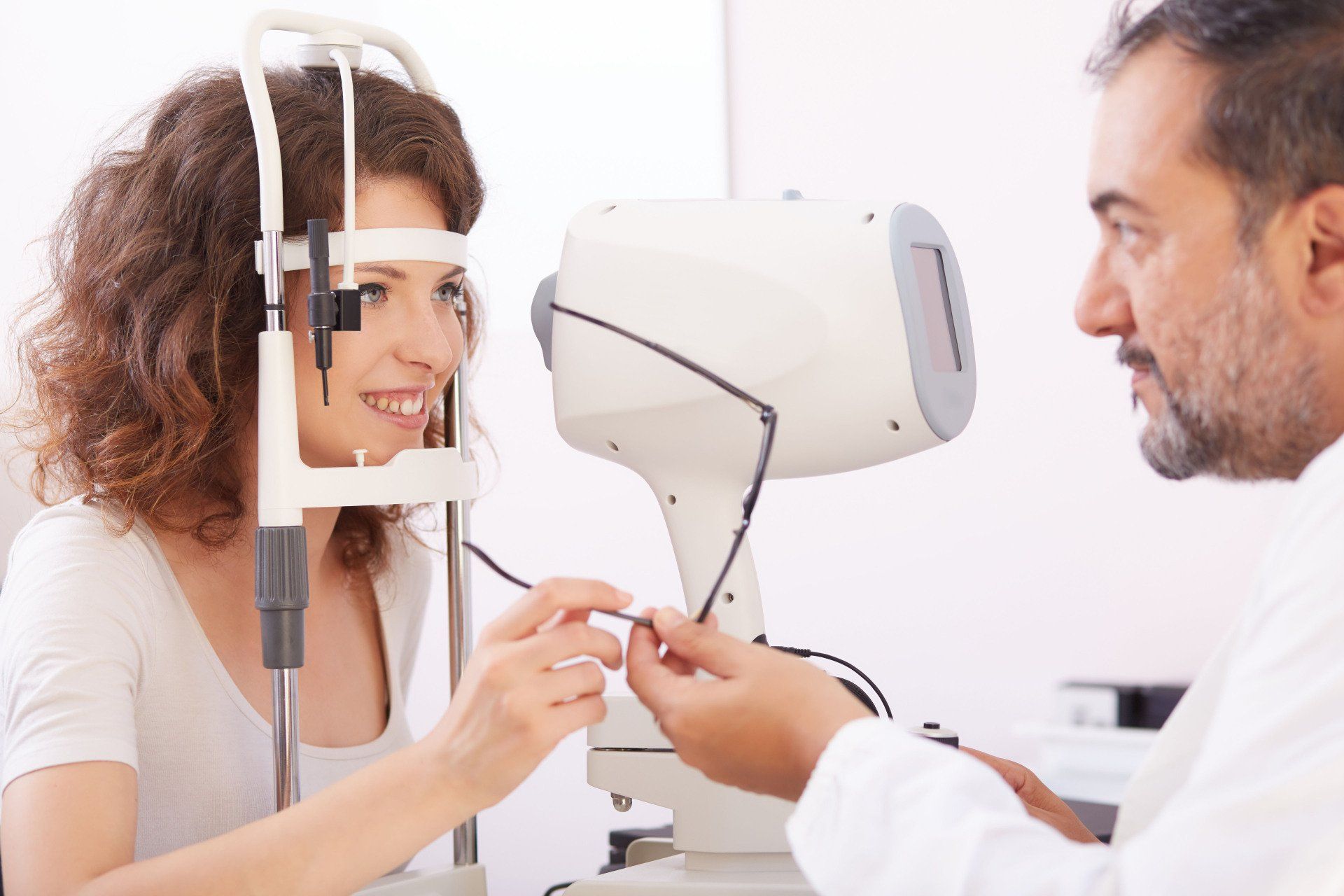

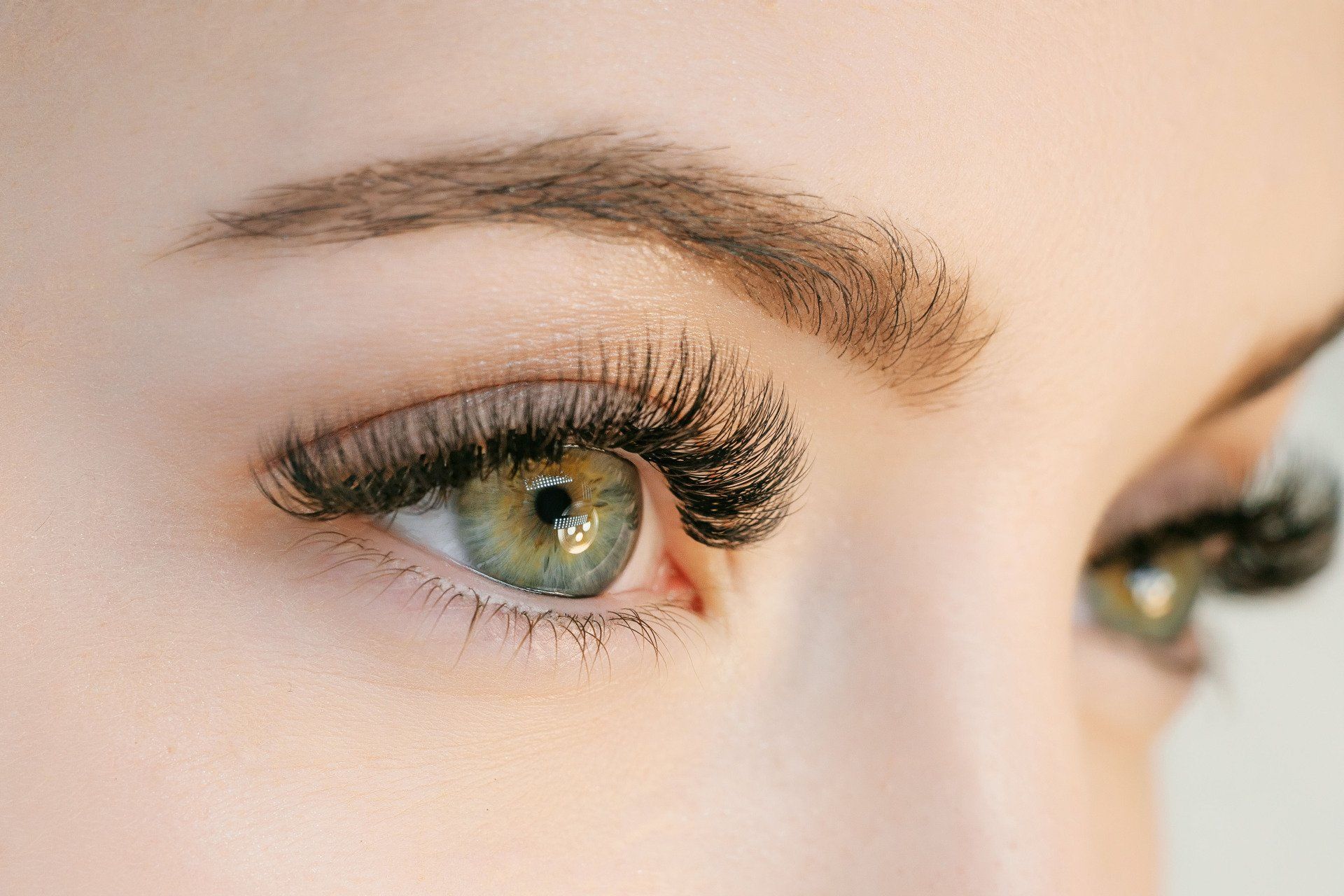
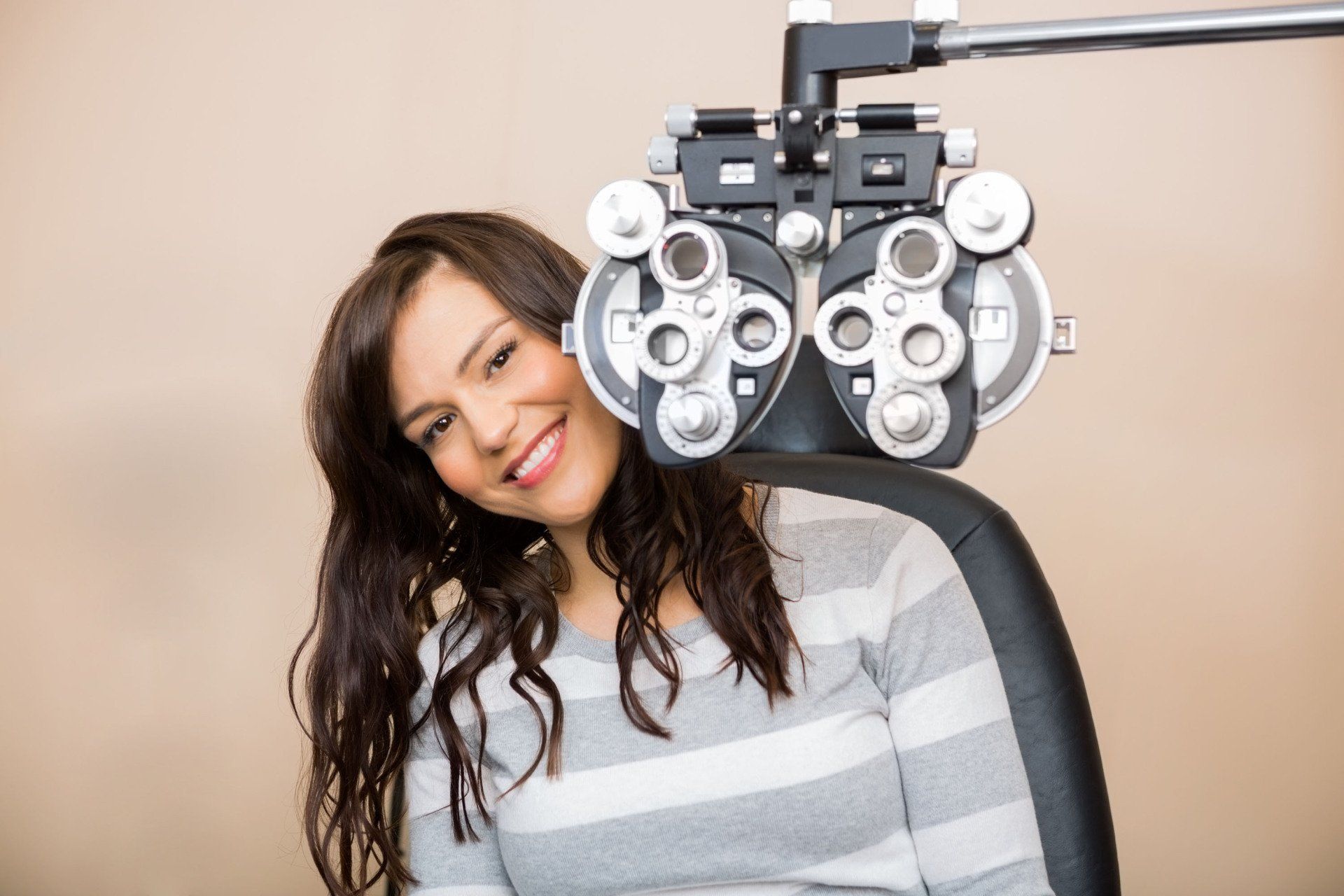
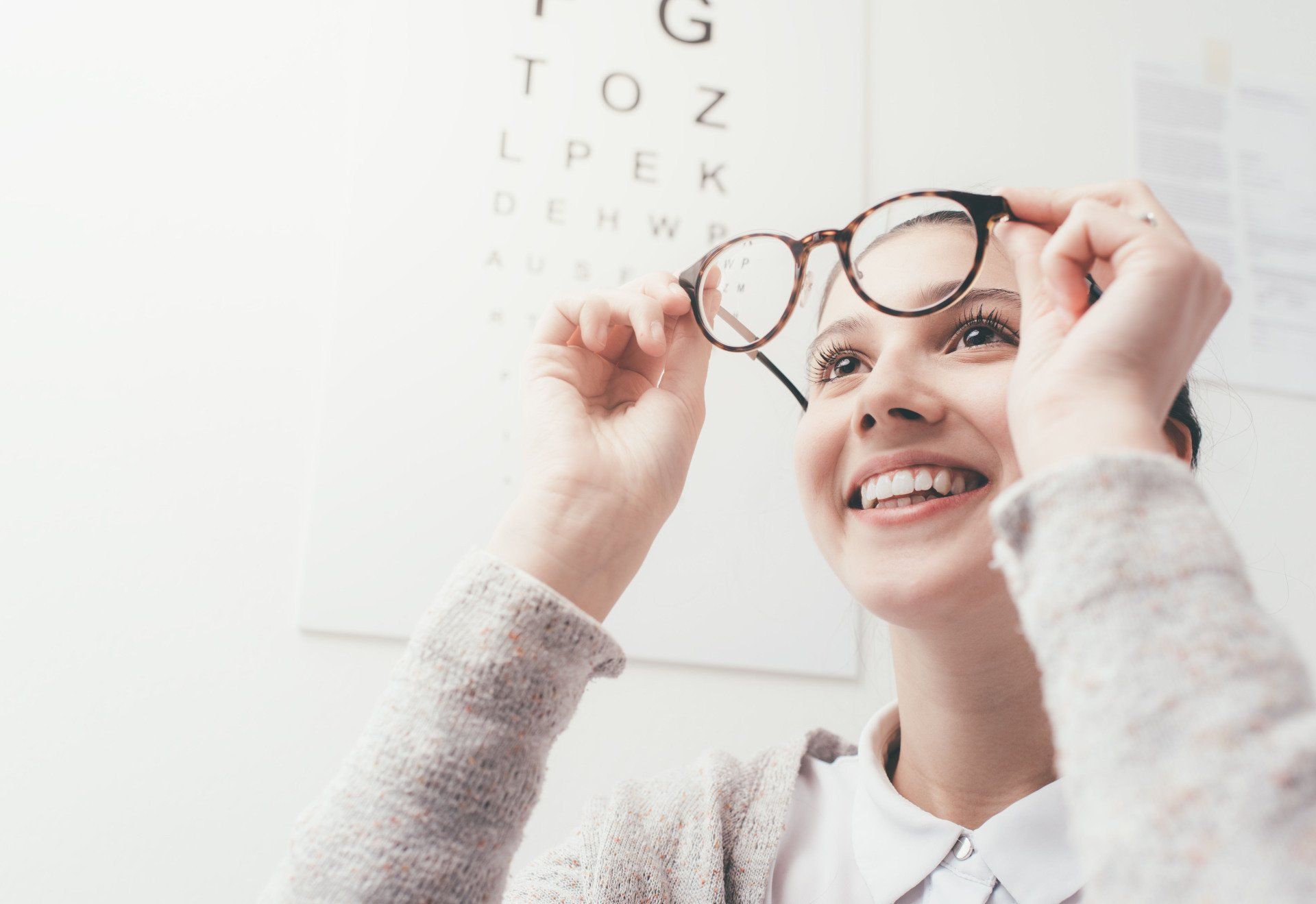
Share On: